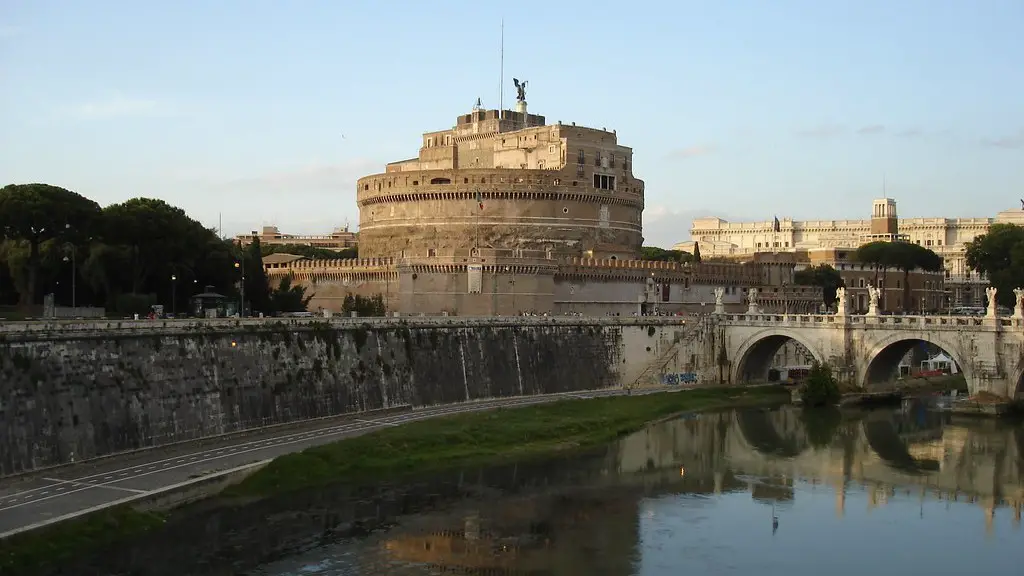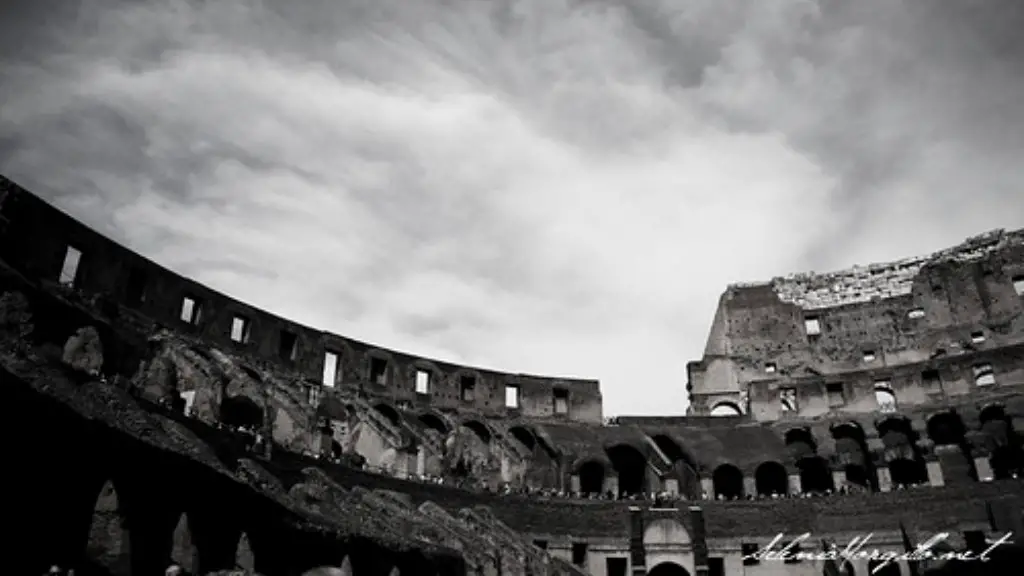Origins of Ancient Rome Religion
The Romans believed in polytheism, which means they believed in and worshiped multiple gods. Much of what we know of the religion of ancient Rome comes from written sources such as Plutarch, Livy, and Cicero. The written sources show that the Romans believed that their gods had control over every aspect of life, from the everyday to the extraordinary. Consequently, the Romans devoted much time and energy to appeasing their gods, as well as to understanding their will.
Rome’s Mythology And Pantheon
The Romans adopted their gods from the many other groups that rose and fell in the Mediterranean region. These gods had various strengths and abilities, as well as a complex hierarchy. The gods filled every niche in Roman daily life, from the mundane to the most extraordinary. The king of the gods during Roman times was Jupiter. His wife was Juno, and his sister was Vesta. Neptune, Mars, and Mercury were also part of the Roman pantheon.
The main sources of mythology for the Romans were the Greeks, and ancient Rome adopted and embraced much of the mythology of the Greeks. Ancient Rome also incorporated gods from other nations and cultures, such as Egypt and nearby tribes. Ancient Rome even adopted gods from their own native tribes.
Religious Practices in Ancient Rome
Religion in ancient Rome was a very important part of life for the Romans. The Romans were very religious and believed in a pantheon of gods and goddesses. The Romans believed that the gods had the power to intervene in the daily lives of people, and they sought to please the gods in order to forestall divine retribution. In order to maintain favor with the gods, the Romans held festivals and participated in rituals.
The most important religious festival was the Saturnalia, which was held every year in December. During this festival, the Roman people feasted and exchanged gifts to demonstrate their gratitude to the gods. The Romans also held other festivals to honor their gods, such as Lupercalia and Lemuria. These festivals were usually celebrated with public performances and animal sacrifices.
In addition to festivals, the Romans also believed in divination. Divination was the practice of reading the will of the gods in various ways. Divination could include reading the entrails of animals, reading patterns in clouds, or reading the stars.
Death And Funerals in Ancient Rome
The Romans believed that after death, the soul was sent to the underworld. The underworld was controlled by Dis Pater, who was the god of death. Dis Pater was a Greco-Roman god, and he was the ruler of the underworld. Funerals in ancient Rome were elaborate affairs and were often held to honor the dead.
The funerals in ancient Rome were typically lavish and expensive. They would involve making offerings to the gods and disposing of the body in various ways. The most usual practice was to bury the corpse. After the burial, a feast was held to honor the deceased and to celebrate life. The deceased would be cremated, and the ashes were placed in an urn and buried in a designated tomb or place of honor.
Modern Day Ancient Rome Religion
Today, the religion of ancient Rome is practiced by a small number of people who are primarily concerned with re-creating the rituals and practices of those times. They are often referred to as neo-pagans, since they don’t refer to themselves as worshipping any particular religion. Instead, they prefer to think of themselves as free-thinkers and explorers, who are just trying to re-discover what their ancient ancestors believed in.
While modern-day practitioners of the ancient Roman religion are not typically found in organized religious groups, many of them still adhere to the traditional beliefs and rituals of the religion. They have adapted these beliefs and rituals to fit their modern lives. As such, many of them focus on homage to the gods and goddesses, rituals of purification, meditation, and other elements of spiritual practice.
Conclusion
The ancient Roman religion was one of the most influential and widespread religions of antiquity, and it has had a lasting impact on the modern world. Even though the religion is no longer practiced in its original form, many of its core beliefs and rituals are still observed. Additionally, the pantheon of ancient Roman gods and goddesses still inspire modern art and literature.


